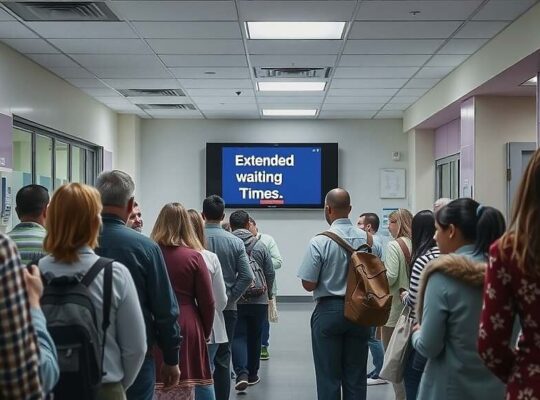The German Health Ministry, under Minister Nina Warken (CDU), is reportedly discontinuing the “Federal Clinic Atlas” an initiative launched by her predecessor, Karl Lauterbach (SPD), as a flagship project. According to reports by the Redaktionsnetzwerk Deutschland (RND), Minister Warken has ordered the dissolution of the ministry’s project group responsible for the online directory. The project group was officially dissolved retroactively as of June 30th, as detailed in a recently released “organizational directive” cited by RND newspapers.
Originally intended to provide comprehensive information regarding services and quality standards across approximately 1,700 hospitals nationwide, the Clinic Atlas faced significant criticism from medical professional associations, hospital operators and patient advocacy groups. Consequently, the directory underwent revisions and is currently limited to providing information on roughly 25 procedures, which do not encompass the most common hospital treatments. Concerns persist regarding incomplete data and a presentation format that is difficult for the general public to understand.
The German Hospital Federation (DKG) has proactively offered to make its long-standing “German Hospital Directory” available for use on federal government websites, mirroring the arrangement in place until April 2024. In a letter to Parliamentary State Secretary for Health, Tino Sorge (CDU), DKG Chairman Gerald Gaß stated, “We would strongly advocate returning to the proven solution and replacing the Federal Clinic Atlas with the German Hospital Directory.
Data indicates the DKG directory currently receives approximately 600,000 monthly visits, compared to the Clinic Atlas’s 200,000. The DKG also points to estimated annual costs of €1.5 million for the Clinic Atlas, which it deems disproportionate to its actual usage. Conversely, the DKG directory requires only an annual funding allocation of €120,000 for technical adjustments. Gaß emphasized that a return to the established German Hospital Directory would represent a pragmatic and citizen-oriented step.












